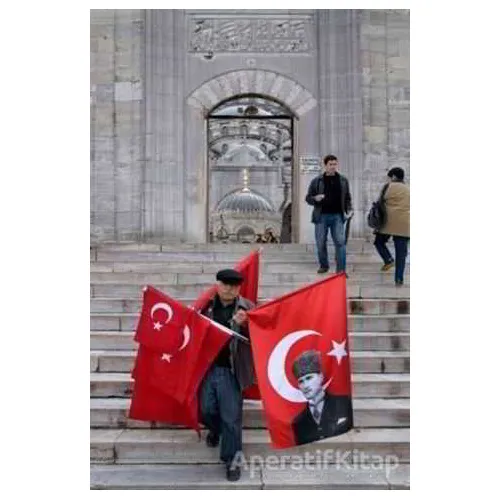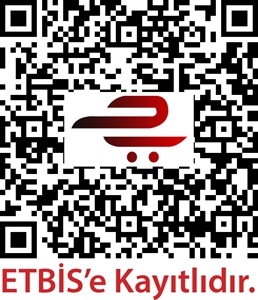Secularism and State Religion in Modern Turkey - Emir Kaya - I.B. Tauris
Hiç mesaj bulunmadı
| Taksit | Tutar | Toplam |
|---|---|---|
| Tek Çekim | 3,249.00 TL | 3,249.00 TL |
| 2 Taksit | 1,624.50 TL | 3,249.00 TL |
| 3 Taksit | 1,126.32 TL | 3,378.96 TL |
| 4 Taksit | 852.86 TL | 3,411.45 TL |
| 5 Taksit | 688.79 TL | 3,443.94 TL |
| 6 Taksit | 579.41 TL | 3,476.43 TL |
| Ödeme Türü | Toplam Tutar |
|---|---|
| Diğer Kredi Kartları | 3,249.00 TL |
| Havale / Eft | 3,249.00 TL |
| Posta Çeki | 3,249.00 TL |
| Kapıda Ödeme | 3,264.00 TL |
Kapıda ödemeli siparişlerde +15,00TL kapıda ödeme hizmet bedeli ilave edilir. | |
- Vade farksız taksitler KOYU renkte gösterilmektedir.
- X+X şeklinde belritilen taksitler (Örneğin: 2+3) 2 taksit olarak işleme alınmakta ancak ilgili bankanın kampanyası dahilinde 2 taksit üzerinden işlem yapıldığı halde 2+3 yani 5 taksit olarak kartınıza ve ödemenize yansımaktadır. (2 taksit seçilmiş olsa bile banka kampanyası dahilinde ekstradan vade farkı eklenmeden işlem 5 taksite bölünmektedir.)
Secularism and State Religion in Modern Turkey - Emir Kaya - I.B. Tauris
The Diyanet, the official face of Islam in Turkey, is the ‘Presidency of Religious Affairs’, a governmental department established in 1924 after the break-up of the Ottoman Empire and the abolition of Caliphate. In this book, Emir Kaya offers an in-depth multidisciplinary analysis of this vital institution. Focusing on the role of the Diyanet in society, Kaya explores the balance the institution has to strike between the Muslim traditions of the Turkish population and the secular creed of the Turkish state. By examining the various laws that either bolstered or hindered the Diyanet’s budgets and activities, Kaya highlights the institutional mindsets of the Diyanet membership. He also evaluates its successes and failures as a state department that must consistently operate within the context of the religiosity of Turkish society. By situating all of this within the two competing – but often complimentary – concepts of religion and secularism, Kaya offers a book that is important for those researching the interplay of Islam and the state in Turkey and beyond.











